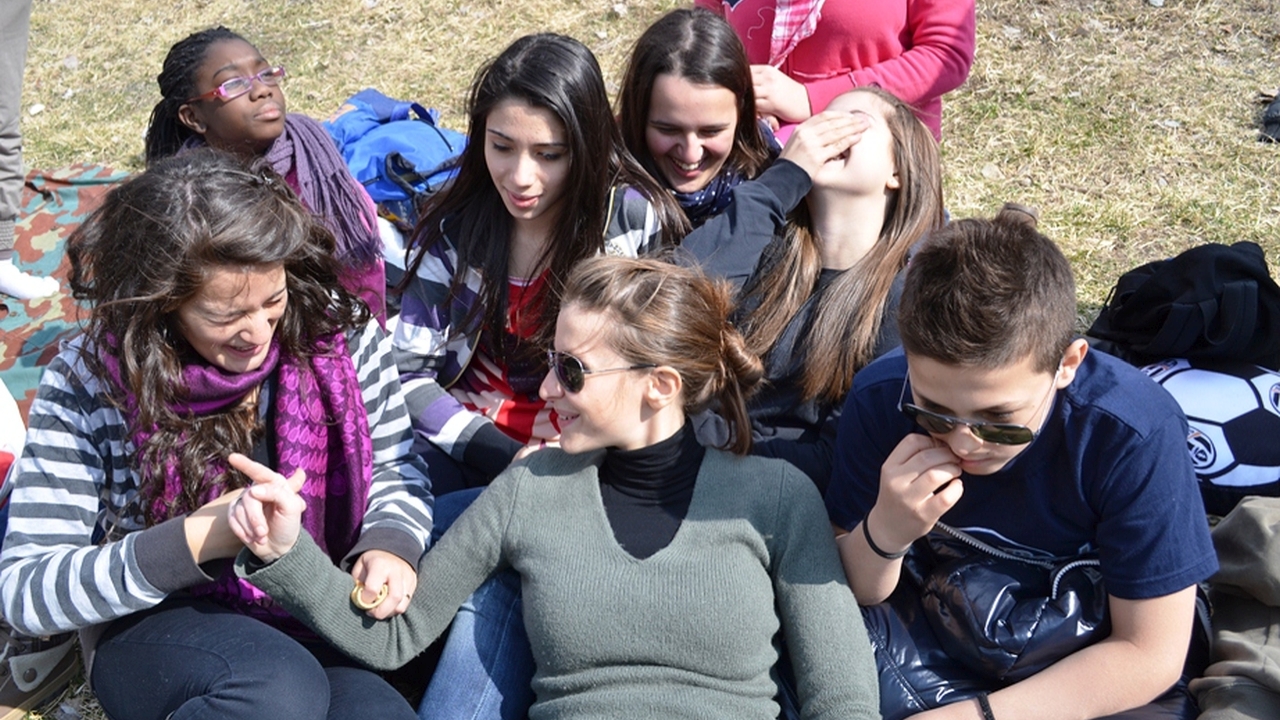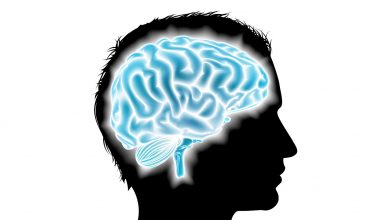
The mental trick that makes it seem like subsequent generations are in decline [Top 100 journal articles of 2019]
This article is part 9 of a series reviewing selected papers from Altmetric’s list of the top 100 most-discussed scholarly works of 2019.
Kids these days?
There’s a tendency for people to lament that “kids these days” are not living up to the standards of previous generations.
However, this tendency actually dates back to at least 624 BCE, indicating a pervasive illusion of humanity that has existed for 2500 years. As there has been surprisingly little research into this phenomenon, the authors of the #87 most discussed article1 in Altmetric’s top 100 list for 2019 carried out five studies to examine the occurrence of the perceptions of decline and the mechanisms behind them.
In all five studies, they found evidence of a general tendency to disparage the present youth across traits (respect for elders and enjoying reading), and also a tendency to see today’s youth as especially lacking on those traits on which a person particularly excels (respect for elders, intelligence, and enjoying reading).
Someone who has a high respect for authority is especially likely to believe that kids these days no longer respect their elders, but not necessarily that kids these days are in decline in other ways (e.g., becoming less intelligent).
Two mechanisms
The authors also found indirect evidence for at least two mechanisms underpinning this effect. Firstly, people who objectively excel in a trait are more likely to notice others’ failings on that trait, for both the youth and adults of the day. Secondly, excelling on a trait also leads people to project back to both themselves and their peers in the past, believing, for example, “because I like to read now everyone liked to read when I was a child.”
Apparently, when observing current children, we compare our biased memory of the past to a more objective assessment of the present, and a natural decline seems to appear. This can explain why the kids these days effect has been happening for such a long time. The backward projection from the self to kids likely occurs because people have fewer details available when recalling their past peers than when assessing present adult peers. People use their present self as a proxy for their past self as well as projecting this onto others in the past.
Although the cognitive mechanisms that unfairly denigrate children today are likely to persist for thousand of years to come, knowledge of their sources may minimize unwarranted gloom about future generations.
What does this mean for knowledge management?
Cognitive biases such as these two mechanisms significantly impact on the knowledge that people hold, and this has further implications for how they share and apply that knowledge. If the knowledge that some people in an organisation hold is an illusion of reality rather than actual reality, then those people or the whole organisation can make wrong or bad decisions. The actions of those people can also cause other people in the organisation or in other organisations to make mistakes or act inappropriately.
This means that cognitive biases need to be a consideration in knowledge management (KM). Case studies in RealKM Magazine that demonstrate this need include the academic misconduct by Brian Wansink and the Toyota and Takata recalls.
Guidance in regard to cognitive biases and how to be aware of them can be found in the RealKM Magazine Thinking is hard series.
Author abstract
In five preregistered studies, we assess people’s tendency to believe “kids these days” are deficient relative to those of previous generations. Across three traits, American adults … believe today’s youth are in decline; however, these perceptions are associated with people’s standing on those traits. Authoritarian people especially think youth are less respectful of their elders, intelligent people especially think youth are less intelligent, and well-read people especially think youth enjoy reading less. These beliefs are not predicted by irrelevant traits. Two mechanisms contribute to humanity’s perennial tendency to denigrate kids: a person-specific tendency to notice the limitations of others where one excels and a memory bias projecting one’s current qualities onto the youth of the past. When observing current children, we compare our biased memory to the present and a decline appears. This may explain why the kids these days effect has been happening for millennia.
Header image source: Chiesa Evangelica ADI Beinasco on Flickr, CC BY 2.0.
References:
- Protzko, J., & Schooler, J. W. (2019). Kids these days: Why the youth of today seem lacking. Science advances, 5(10), eaav5916. ↩
Also published on Medium.




